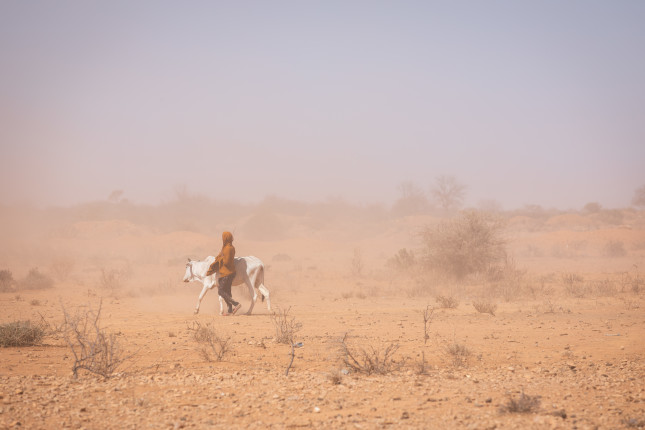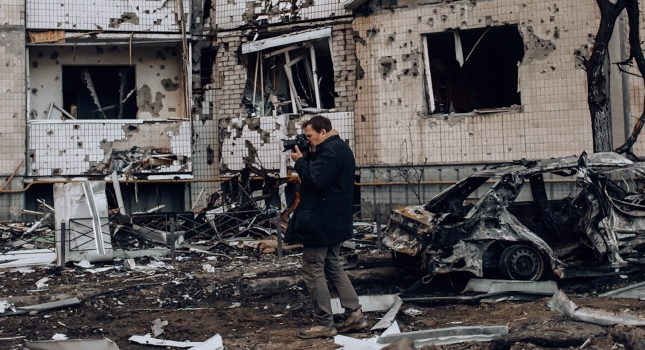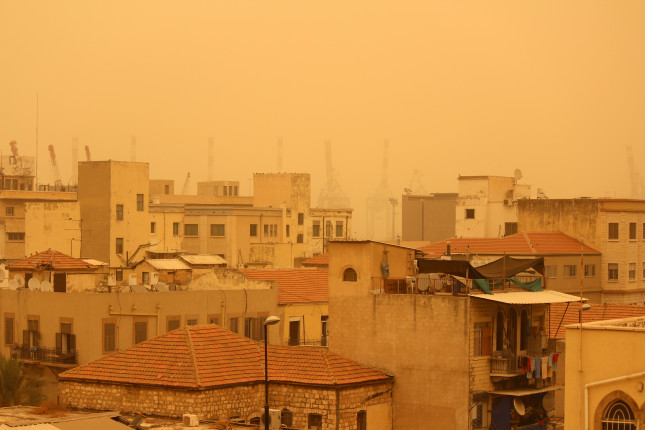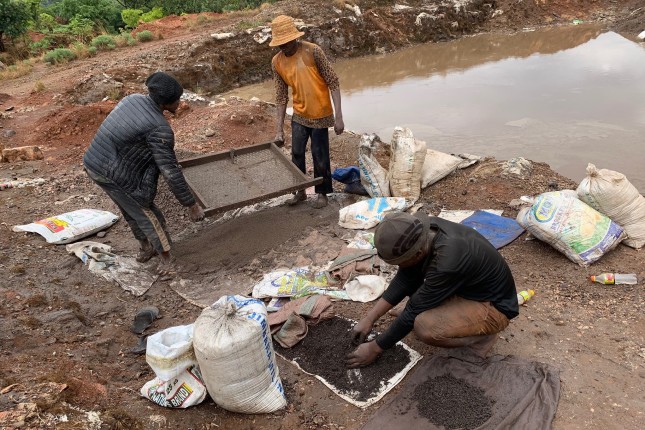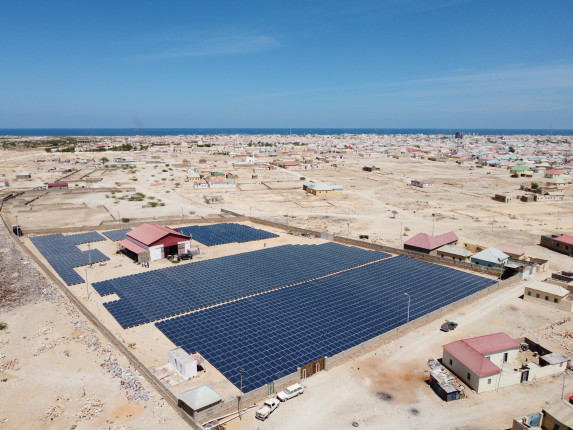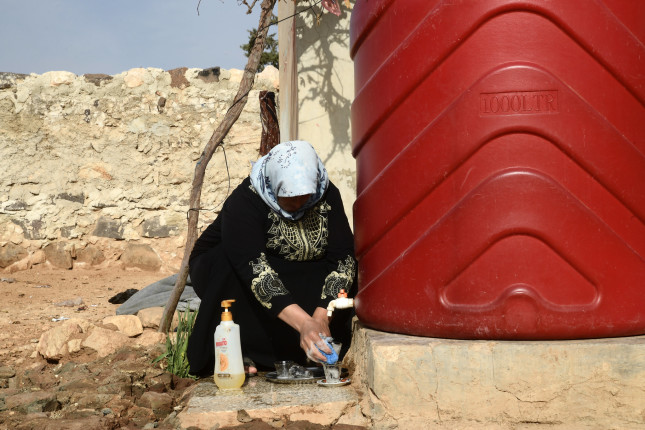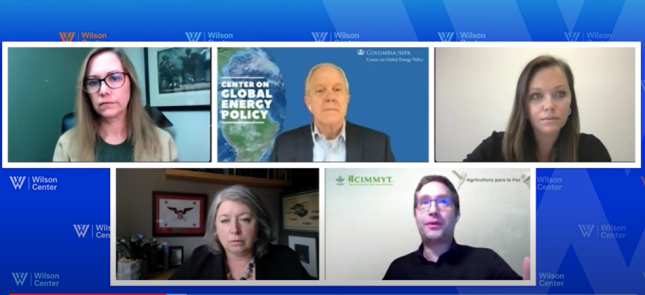-
What’s in a Name? Making the Case for the Sahel Conflict as “Eco-violence”
›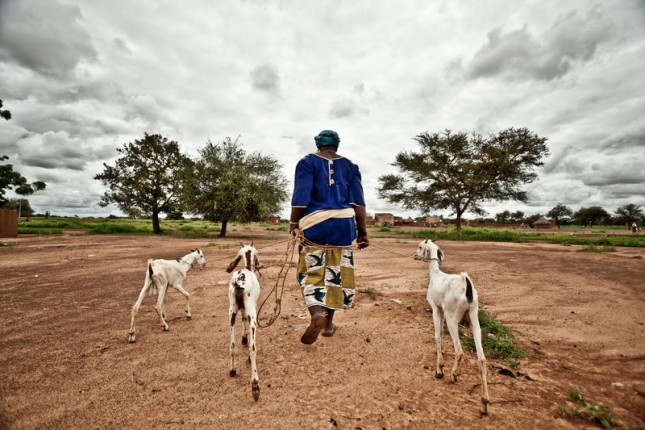
The Sahel region of Africa is a semi-arid, arc-shaped landmass that stretches 3,860 kilometres from Senegal across portions of Mali, Burkina Faso, Niger, Nigeria, Chad, and even Sudan. It is also the most neglected and conflict-ridden part of the planet, according to the Norwegian Refugee Council.
-
Exploring Climate Security: Why Bad Outcomes Occur in Some Places and Not Others
›
My latest book—States and Nature: The Effects of Climate Change on Security (Cambridge University Press)—has been more than two decades in the making. And as I reflect on that journey, I see significant parallels between my own trajectory and the larger efforts to define and refine thinking about climate security.
-
PERAC: A Voice for Environment and Indigenous Peoples in Conflict’s Grip
›
The harm that comes to the environment during armed conflict is often permanent, yet the lack of advocates to fight for its protection as they happen creates a deafening stillness. Indeed, this state of affairs has led to the environment to be seen as the “silent victim of war.” Vietnam, Kuwait, Syria, Afghanistan, Ukraine, and several more nations have been permanently damaged due to the destruction of the environment during armed conflict which can persist long after hostilities have ceased.
-
Top 5 Posts for May 2022
›
In Iraq, climate change is adding stress to an already precarious situation. Weak public services, growing unemployment, fossil fuel-related environmental and health hazards, and other factors have generated high levels of social vulnerability and contributed to recent protests. In the top post for May, Dylan O’Driscoll and Shivan Fazil write about how, against this fragile backdrop, insecurity is heightened by increasingly deadly flash floods and more frequent dust storms that pose a public health threat.
-
Extracting Opportunity in the Renewable Energy Transition
›
Few people can name from memory the materials required for wind turbines, photovoltaic panel semiconductors, and electric car batteries. The list is too long, but among the more recognizable minerals used in renewable production are aluminum, lithium, cobalt, iron, copper, lead, and nickel.
-
Can Law Prevent the Green Resource Curse in Sub-Saharan Africa?
›
The transition to a carbon-neutral economy will bring profound shifts to diverse economic sectors. This transformation will generate increasing demands for land for renewable energy generation and the minerals needed for clean energy technologies.
-
Water Management in Armed Conflict: Improving Collaboration and Joint Knowledge
›
Speaking at a session at the 2nd International Conference on Environmental Peacebuilding in February, Guillaume Pierrehumbert, head of the Water and Habitat Unit of the International Committee of the Red Cross (ICRC) called for “a comprehensive rethink of collective humanitarian action” to address the unprecedented civilian crises in protracted armed conflicts.
-
System Shock: Russia’s War and Global Food, Energy, and Mineral Supply Chains
›
Russia’s invasion of Ukraine is sending shockwaves through global systems for natural resources like food, oil and natural gas, and critical minerals. But a recent Wilson Center event assessing the fallout of the conflict also looked to the deeper implications and lessons from the crisis.
Showing posts from category conflict.


